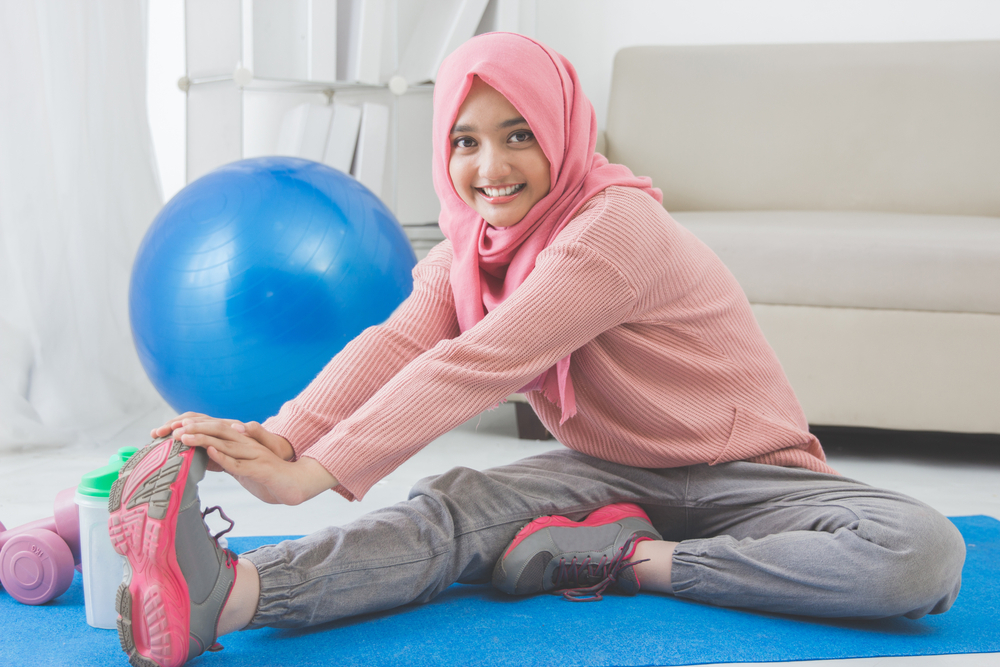Muslim readers of this blog will be well aware that the month of Ramadan is just around the corner. For those of whom aren’t quite as familiar with Islamic practices, this is the lunar month that Muslims abstain from food and water during daylight fast, lasting from sunrise to sunset.
This, of course, presents a plethora of issues for those that follow a strict nutrition plan. Rather than fitting in your standard three meals a day, supplemented with healthy snacks, Muslims must refuel the body during the night-time. Here, we give you the lowdown on what you should and should not do in order to maintain a healthy diet during Ramadan.
Don’t Have a Heavy Evening Meal
When it is time for Iftar (the evening meal that breaks the fast), the temptation can be to fill your plate and go back for seconds and thirds after a long day of fasting. That is, however, the worst thing that you can do. The last thing you want after not eating for around 18 hours is to eat a big meal that will sit heavy on your stomach.
Instead, you should break your fast with a light meal with foods of great nutritional value. This is why many Muslims eat yoghurt as part of their Iftar as it is light a filling, aiding the body’s metabolism which will benefit from a little kickstart.
Do Drink Plenty of Water at Breakfast
When you wake for Suhoor (breakfast), you must make sure to take on plenty of fluids to avoid dehydrating during the day. Naturally, when you wake from sleep, your body has lost fluid that needs replenishing – this is why you weigh your lightest during the day first thing in the morning.
This means that during the morning meal before sunrise, you have to drink an increased amount of water to replenish the body as well as ensuring you take enough on to last the day. Avoid sugary drinks as, while you may believe these are refreshing, they will only dehydrate the body. This is why any nutritionist and fitness professional is adamant that water is always best.
Don’t Miss Breakfast
When you may have only a six or seven-hour window in which to eat your evening meal, sleep and wake for breakfast, you are going to feel tired – especially after fasting for such a long period during the day. With that being said, you absolutely must not skip breakfast as you need the nutrition to fuel the body ahead of what may be an 18-hour-plus day of fasting.
Even if you do not feel hungry, it is important that you at the very least take on a little bit of food to aid your nutrition, especially if you lead an active lifestyle. Along with plenty of water, during Ramadan, it never rings truer that breakfast is the most important meal of the day.
Do Keep Active
As well as committing to your religious duties such as the fast, prayers and charitable obligations including Zakat for both long-standing and revert Muslims, keeping active is essential. Of course, it is needless to say that you will have to tailor your fitness regime around Ramadan, and you should not expect to be able to maintain the same level of performance.
Drop any weights you lift by around 10% and focus more on steady cardio as opposed to high-intensity workouts. During this time, you should focus on maintaining your current level of fitness as opposed to improving, so forget about getting those gains at this time. You can always pick up from where you left off once Ramadan is over.
The simple message of this post is, if you ensure that you take on the correct nutrition during evening hours and keep as active as possible, you will enjoy a healthy Ramadan this year.



